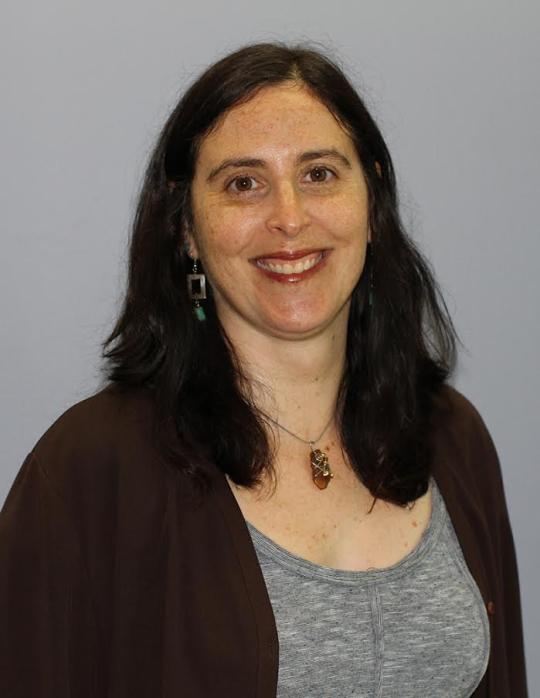A Post Election Open Letter to Community Partners
Regardless of how you voted or how you feel about the outcome of the 2016 election, there is one thing we can agree on: 55% voter turnout is too low. And while data is still being processed, it does seem that the Millennial vote decreased in this election. When it comes to "prepar(ing) students to be learned persons who...have a broad cultural perspective...will be active citizens and leaders in society...and are concerned with contributing to the health and well-being of the world at large" (from SSU Mission Statement) [1], we have a lot to work to do.
We can't do that work without you. We depend on you, our community partners, to provide students with real-world hands-on experience working in their communities. You personally serve as a mentor providing a model of what engaged citizenship looks like. The students are our future and we need them to make lifetime commitments to their communities and to being civically engaged. Thank you for everything you do to support our students and their learning!
Of course, we can, and must, do more. The good news is that community engagement and service-learning can be part of the solution. Research shows that service-learning:
- Increases voting
- Has a positive effect on sense of social responsibility and citizenship skills
- Is associated with community involvement after college
- Reduces or supports stereotyping
- Facilitates cultural & racial understanding
- Has a positive effect on student personal development including moral development, interpersonal development, team work, leadership, and communication skills
- Improves student ability to apply what they've learned in real world, critical thinking, and problem analysis [2]
Service-learning is a pedagogy, or teaching strategy, that integrates community service projects within the context of a class. Professors have the option to teach service-learning in their courses. In a service-learning course, the professor forms a relationship with a community partner, which can be a local nonprofit or government agency, and plans a service project that relates to the course material. Then after the project, students reflect on how the project relates to the course, what expertise they have now gained from the project, and how this impacts their commitment to long-term community and civic involvement. This service project can be thought of as a text for the course.
Research also shows that while community partners appreciate the community service, internships, and philanthropy students contribute, service-learning allows for deepened partnerships that often lead to greater outcomes for the community partner. [3]
[Related: Democracy Beyond Voting]
If you're already working with a faculty member on a service-learning class, consider working with them to intentionally deepen the reflective analysis activities that focus on civic learning outcomes. Of course, we're here to help with this. Please email me and we'll talk.
If you have an idea for a long or short-term service-learning project, please email me and we'll talk. If your organization supports targeted populations, works on issues of voter suppression and disenfranchisement, and/or is working on making Election Day a national holiday, please email me and we'll talk.
Additionally, although social justice work is in SSU's DNA, please get involved with the CCE's planning process so you can help determine our future direction.
[Related: A Post Election Open Letter to Faculty]
[Related: A Post Election Open Letter to Students]
Thank you to Karen Moranski for your contributions to this letter.
1. The mission of Sonoma State University is to prepare students to be learned persons who:
- have a foundation for life-long learning,
- have a broad cultural perspective,
- have a keen appreciation of intellectual and aesthetic achievements,
- will be active citizens and leaders in society,
- are capable of pursuing fulfilling careers in a changing world, and
- are concerned with contributing to the health and well-being of the world at large.
2. Ikeda, Elaine. "Re: A Message and Resources from California Campus Compact."
3. "The Promise of Partnerships" by Jim Scheibel, Erin M. Bowley, Steven Jones.

Author: Merith Weisman

